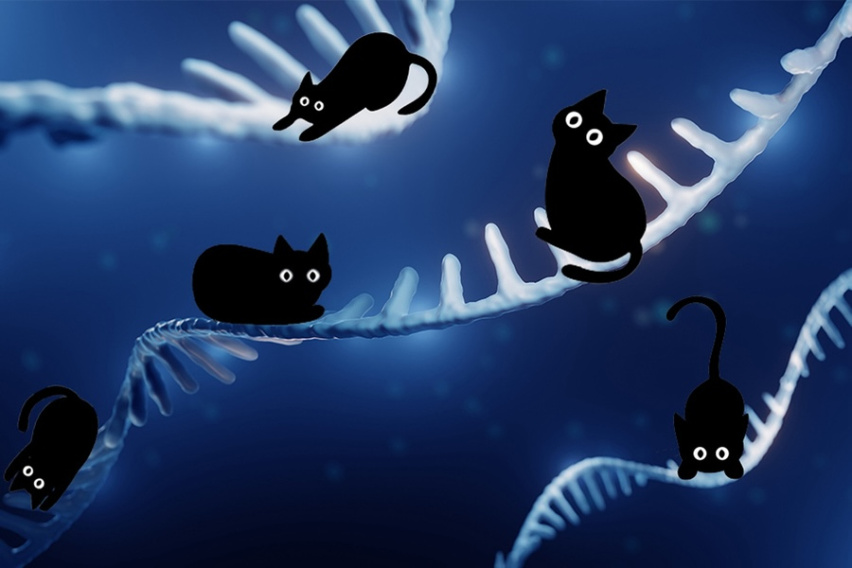MIT News
January 20, 2021
Nearly 100 years ago, Otto Warburg discovered that cancer cells metabolize sugar differently than healthy cells, increasing fermentation to fuel their rapid proliferation despite being a less efficient way to extract energy from food. Today, as new cancer drugs targeting cell metabolism move into the clinic, understanding the mechanism behind this paradox remains as pressing as ever.
Research by the Vander Heiden Lab, published in Molecular Cell, shows how fermentation drives increased regeneration of a molecule known as NAD+, required to synthesize DNA and other cellular building blocks. Their findings offer a possible explanation for the metabolic mystery behind the Warburg Effect and could also explain why other fast-dividing cells turn to fermentation despite its relative inefficiency.
This work was funded in part by the Ludwig Center for Molecular Oncology, the MIT Center for Precision Cancer Medicine and the Lustgarten Foundation.
